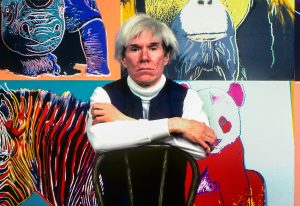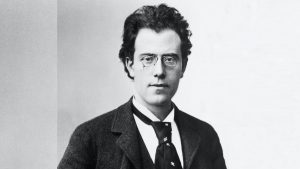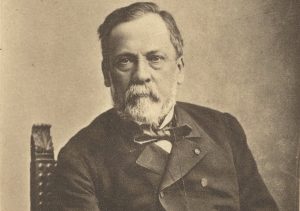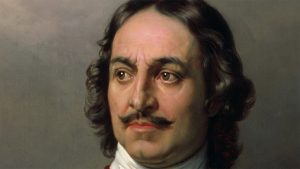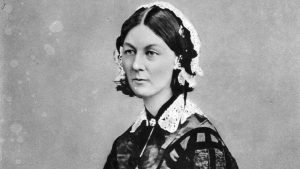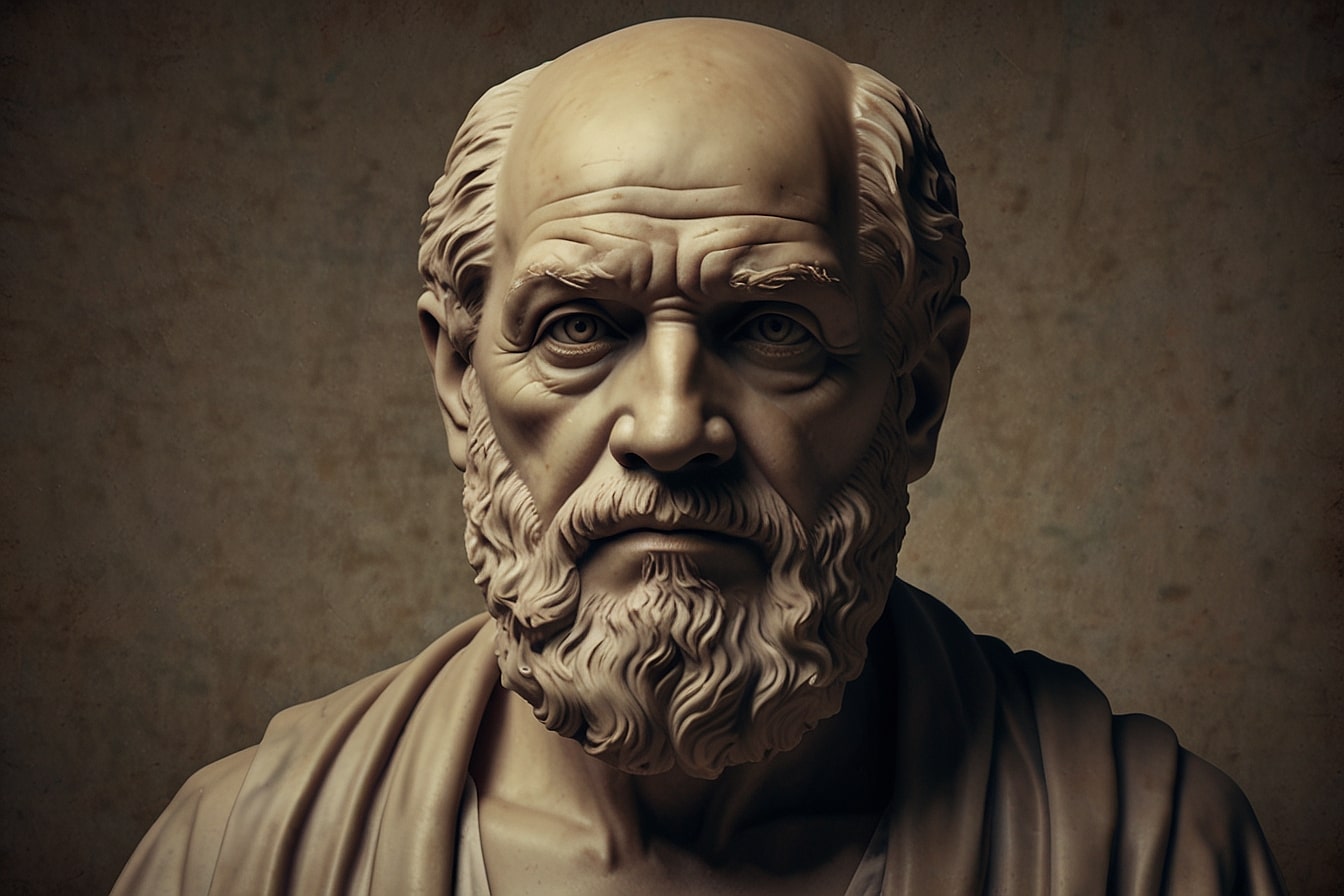
32 interesting facts about Hippocrates
- 👁️ 1360
Hippocrates, often hailed as the “Father of Medicine,” is a towering figure in the history of medical science. Born on the Greek island of Kos around 460 BC, his life and work have profoundly influenced the practice of medicine for centuries. Hippocrates is best known for establishing medicine as a profession distinct from other fields that were traditionally associated with healing, such as theurgy and philosophy. Through his observational approach and ethical standards, he set the foundation for the medical practices we recognize today. Let’s delve into some interesting and informative facts about Hippocrates and his enduring legacy.
- Hippocrates was born around 460 BC on the Greek island of Kos.
- He is credited with being the first person to believe that diseases were caused naturally, not because of superstition and gods.
- Hippocrates and his followers were the first to describe many diseases and medical conditions.
- He believed in the healing power of nature and thought that it was important to keep the patient clean and sterilized.
- Hippocrates was one of the first physicians to categorically reject the practice of magic, superstition, and religion in the treatment of illness.
- He is known for the Hippocratic Oath, an ethical code of practice for physicians, which is still relevant and in use today.
- The Hippocratic Corpus, a collection of around 60 early Ancient Greek medical works strongly associated with Hippocrates and his teachings, is considered a foundational text in the history of Western medicine.
- Despite his lasting fame, relatively little is known about his life, and much of his life story is shrouded in legend.
- Hippocrates traveled throughout Greece practicing his medicine, including visits to Athens and Thessaly.
- He believed that diet, exercise, and living habits were important to health and emphasized preventive medicine.
- Hippocrates introduced the concept of prognosis, a forecast of the likely course of a disease.
- The famous phrase “First, do no harm” (Primum non nocere) is often attributed to Hippocrates, although it does not appear in the texts of the Hippocratic Corpus.
- He taught that all forms of medicine should aim for the benefit of the sick and believed in ethical treatment for all patients.
- Hippocrates was imprisoned for 20 years for teaching that disease was not a punishment inflicted by the gods.
- The Hippocratic Face is described in his works as a means to diagnose death; it included symptoms like sunken eyes, coldness, and pallor.
- Hippocrates is said to have died at a ripe old age, possibly over 90, in Larissa, Thessaly.
- He emphasized a careful clinical examination of each individual, advocating for a personalized treatment regimen for each patient.
- Some of his contributions to medical terminology include words like “carcinoma,” “concussion,” and “epilepsy.”
- The theory of the four humors—blood, phlegm, yellow bile, and black bile—was central to his medical theories, influencing Western medical thought for centuries.
- He is credited with performing the first chest surgery on a patient with pneumonia.
- Hippocrates is often wrongly credited with penning the entire Hippocratic Corpus; scholars now believe the works were written by several authors over centuries.
- His teachings discouraged the use of complex drugs, often favoring simpler, more holistic treatments.
- The Hippocratic Bench, an ancient medical device, was used to realign patients’ spines and is considered an early form of chiropractic.
- Hippocrates traveled widely in Greece and possibly to Libya and Egypt to study medical practices.
- He was one of the first to argue that thoughts, ideas, and feelings come from the brain, not the heart as was commonly believed at the time.
- The Hippocratic School gave rise to the clinical practice of observing patients over many years to document the natural history of diseases.
- He proposed that environmental and lifestyle factors such as diet and clean air played a significant role in human health.
- Hippocrates often used lifestyle modifications such as diet and exercise to treat diseases, a principle that is still in use in modern medicine.
- He advocated for the humane treatment of mentally ill patients, suggesting that they needed care and kindness rather than punishment.
- His teachings on patient confidentiality and medical ethics laid the groundwork for modern medical practice.
- Hippocrates’ influence extended to the Roman Empire, where his works were translated into Latin and became standard medical texts.
- The tree under which Hippocrates is said to have taught his students on Kos still stands and is known as the Hippocrates Plane Tree.
Hippocrates’ contributions to medicine are immeasurable, transcending time to influence centuries of medical practice and philosophy. His approach to healthcare, emphasizing observation, diagnosis, and ethical considerations, remains a cornerstone of modern medicine. By separating the discipline of medicine from the realms of religion and superstition, he laid the groundwork for a more empirical and systematic approach to healing. Hippocrates’ legacy is a testament to the enduring power of his observations and principles, making him a perennial figure in the history of medicine.
